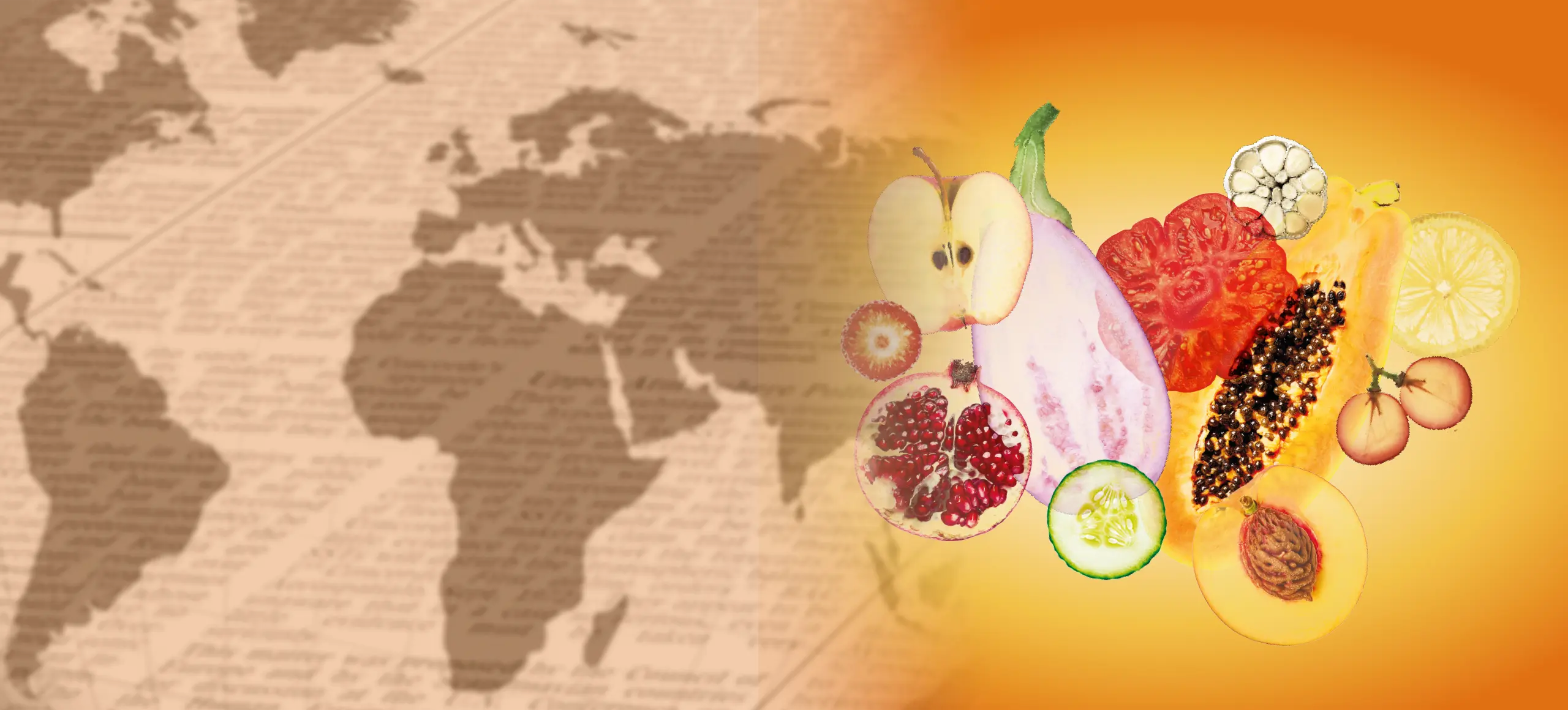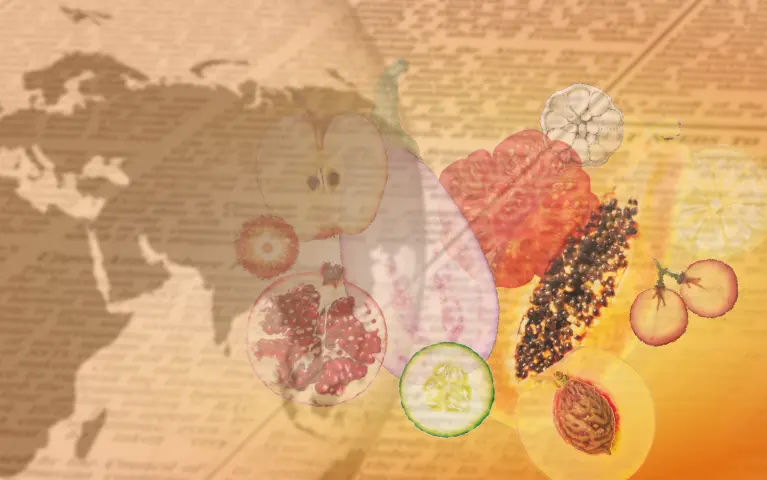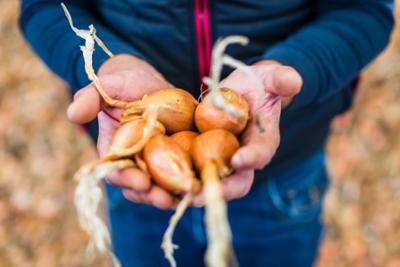

PRINCE DE BRETAGNE, fresh vegetables from the north coast of Brittany

The Prince de Bretagne market gardeners, at Fruit Attraction, offer a wide range of quality vegetables. Three cooperatives are grouped in the Cerafel association, which guarantees the brand, compliance with the specifications, the marketing of products and the establishment of common means of research and experimentation.
Prince de Bretagne is, since 1970, the collective brand of fresh fruit and vegetable growers from the northern coast of Brittany grouped in three cooperatives. Prince de Bretagne market gardeners offer a wide range of quality vegetables. Three cooperatives are grouped in the Cerafel association, which guarantees the brand, compliance with the specifications, the marketing of products and the establishment of common means of research and experimentation. The 1,322 Prince of Brittany market gardeners are at the heart of their organization: it is they who created the fresh vegetable cooperatives and the Prince of Brittany brand, and who are now at the heart of the sector's governance.
Our products are only grown on farmland on the northern coast of Brittany. This 45 km wide coastal strip benefits from a temperate oceanic climate where periods of frost and strong heat are rare. The horticulturists have always believed in the strength of the collective. However, they retain their independence. Each grower is free to grow the vegetables he wants, when he wants, while respecting the quality specifications and the requirements of the brand. Our model remains on a human scale with small family farms.
COLIFLOWERS
Brittany produces about 80% of the total French production of cauliflowers. Cauliflower is the historical vegetable of the Prince of Brittany. Over time, we have acquired a great deal of expertise in this product. Almost all our producers grow it. Cauliflower likes temperate and humid climates, so it is perfectly adapted to Brittany. They can be harvested all year round. All cauliflowers of the year are planted in a period of approximately one month, between July 15 and August 15. Depending on the variety, the white heads will appear between 75 and 300 days after planting, i.e. between two and 10 months. It is therefore a slow crop that requires a lot of attention. Harvested entirely by hand with a large knife, the cauliflowers are placed on a conveyor belt that transports them inside a trailer. The cauliflowers are then immediately placed in wooden crates, ready for delivery. Packing them in this way in the field is a guarantee of optimum freshness on your plate.
https://www.princedebretagne.com/en/our-vegetables/cauliflower
TOMATOES
Prince de Bretagne has real know-how and expertise in tomatoes, especially for our Saveurs d'Antan range. Tasty, colored, high quality, with a good shelf life, our tomatoes can meet your needs:
- Vine tomatoes - Round tomatoes (loose) - Meat tomatoes - Sliced tomatoes - Sliced tomatoes
https://www.princedebretagne.com/en/our-vegetables?legume=1#filtres
ARTICHOKE
The Prince of Brittany growers offer 4 types of artichokes:
Camus: The historical variety of the Prince of Brittany and the most cultivated artichoke in France. Castel: Lighter in color and more pointed. Appreciated for its keeping qualities Cardinal: Exclusive variety of Prince de Bretagne. Purple color, tight heads and thornless leaves. Excellent shelf life. Subtle and sweet. Petit Violet: Stands out for its color, small size and lack of bottlenecks.
Our varieties are rustic and disease resistant.
https://www.princedebretagne.com/en/our-vegetables?legume=85#filtres
TRADITIONAL SHALLOTS
Traditional shallots have been cultivated in the same way in Brittany since the 17th century. It is a demonstration of historical know-how, since planting and harvesting are done entirely by hand. From the planting of one bulb (in February and March), a clump of 10 shallots is obtained (harvested in July), whose common root is broken when they are harvested, leaving a “callus” at the base of each shallot. This mode of production differentiates traditional shallots from onions, as the latter are grown from seed. Like onions, shallots belong to the lily family.
Traditional shallots are important from an agronomic point of view because of their rotation with other vegetables in the range. Treatments are limited thanks to the development of new disease-resistant varieties, created by and for the Prince of Brittany's horticulturists.
https://www.princedebretagne.com/en/our-vegetables/traditional-shallots
Will be at stand 6B07





